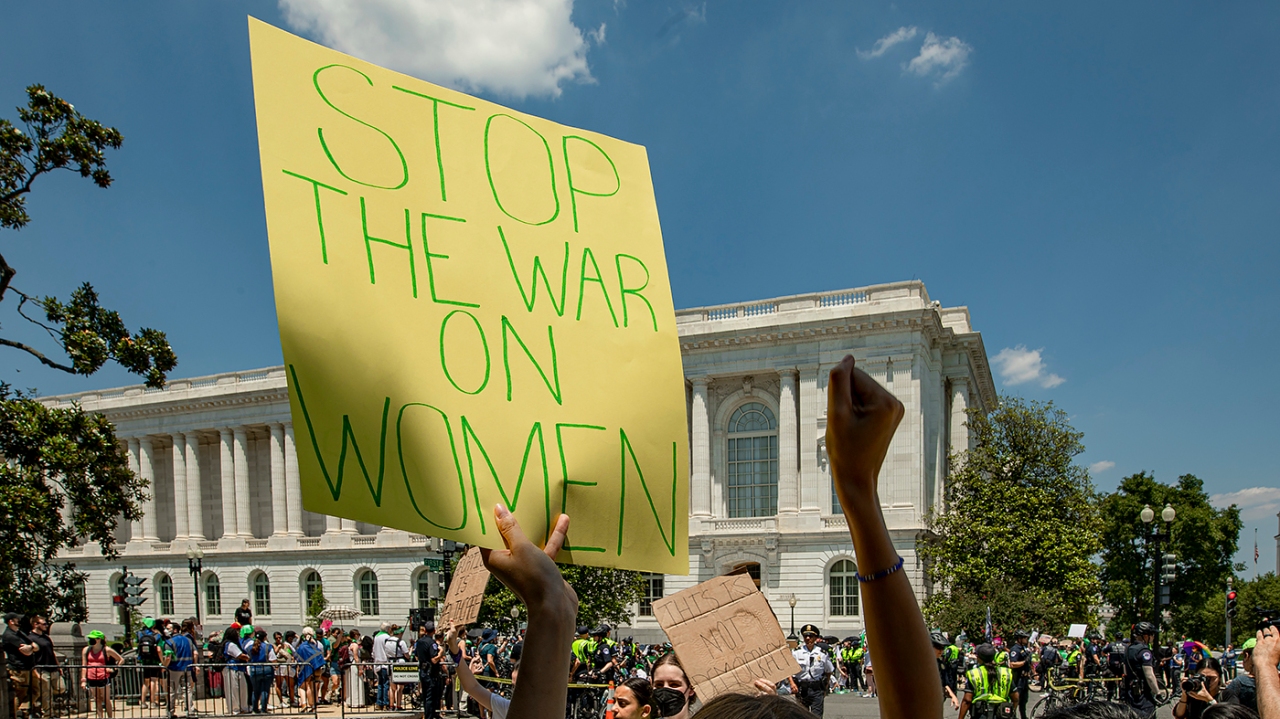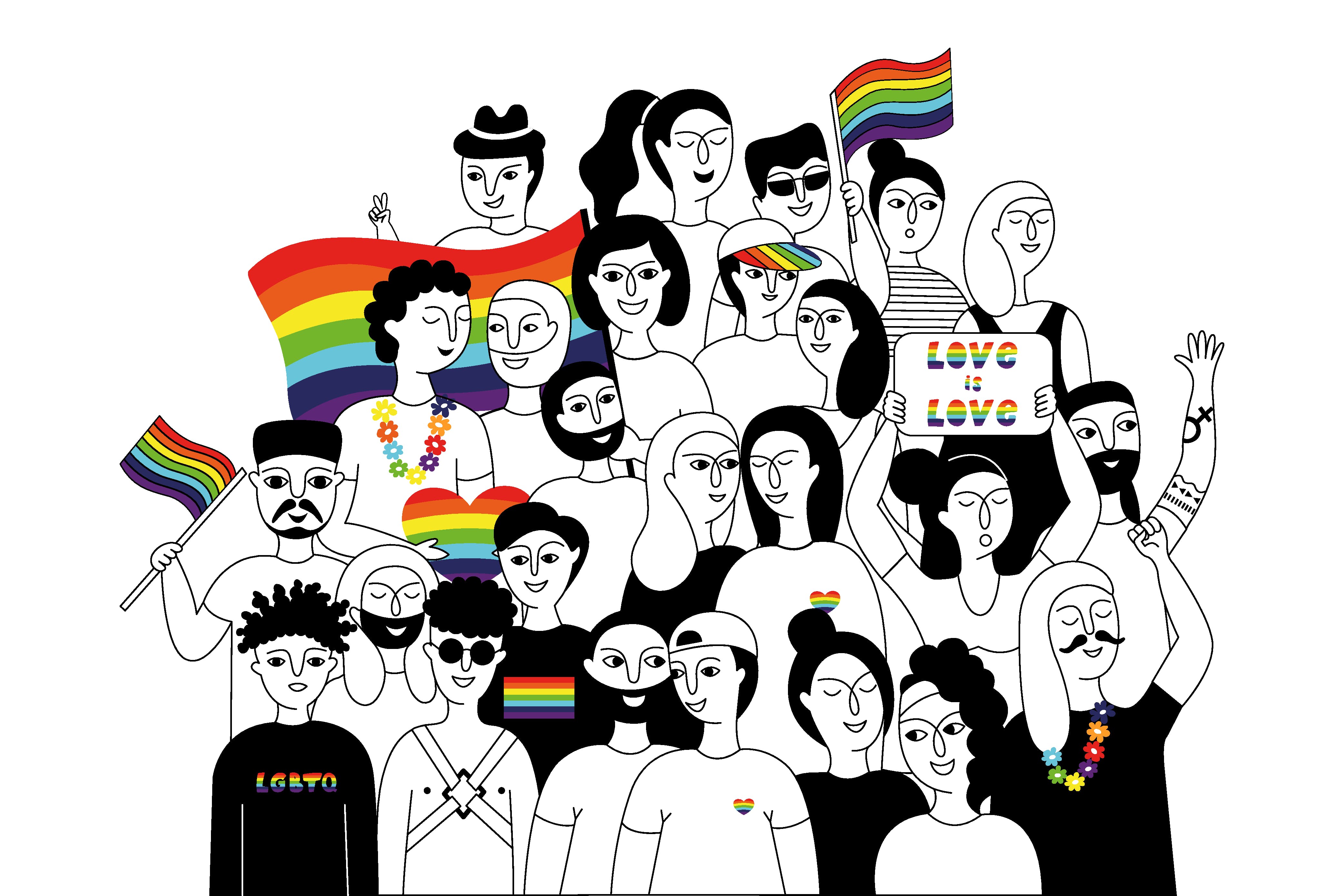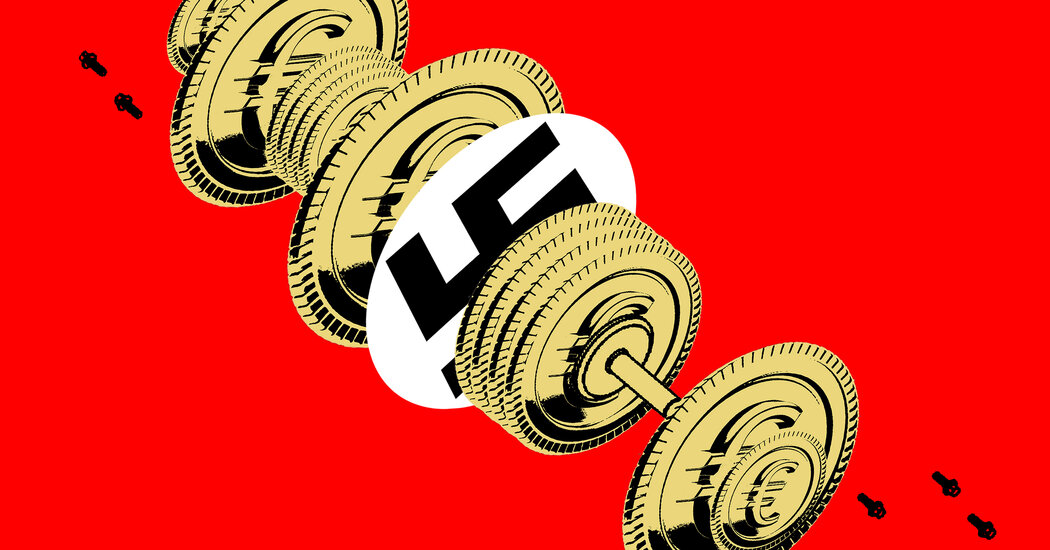
I have probably trust issues because my female/trans leftwing environment (people i follow on twitter for instance) usually complain loudly that many/most communist/leftwing men don’t know much about queerfeminist theory and that THEY as women, trans or non-binary people have to explain queerfeminist/trans inclusive theory towards cisgender male people over and over again, because the male people are not very interested in reading in that theory area.
It is true that i don’t understand much abouyt non-western feminism but in the communist areas here on lemmy or lemmygrad or somewhere, i have never read a comment criticizing the lack of female/trans people in high positions of power in communist societies. Or at all talking about that.
So basically: given that china and north korea have much control over how their society works, i kind of expect that they use that to bring female/trans people (or for instance people of color) into positions of power. So basically, i trust female/trans people more in working towards queerfeminist politics as someone like Kim Jong Un. And because i don’t see many female/trans people in those governments (i think they would have said that?), i don’t have much hope.

Do you seriously believe that the DPRK is limiting what haircuts people can have?
I do seriously believe that many communist countries have expectations towards men to fullfill male steretypes, such as “being strong” and such things. For me it is obvious that all societies have a problem with toxic masculinity and structural sexism. One example is that most government people in both communist and capitalistic societies are male-dominated. Just because you have a socialist country which reduces some forms of patriarchy (for instance badly paid care work), it doesn’t mean it is completely gone. So in essence, the lack of queerfeminist theory is a big red flag which makes the article i linked above believable.

In recent months, Kim Jong Un had launched a crackdown on South Korean pop culture, including movies, K-dramas and K-pop videos. Under the same, North Korean authorities have also outlawed ‘non-socialist’ hairstyles such as the spike and mullet along with dyed hair. As part of the new laws, men and women can only sport one of the 215 other hairstyles authorised.

but i have read that k-pop stars are considered to be not male enough?
example: https://studybreaks.com/thoughts/korea-flower-boy-breaks-masculinity/

Yeah i saw that. And i also understand the structural anticommunist perspective the article was written in (“west good, east bad”), for instance if US police murders people people don’t complain that much about human rights.
However! I found this article to be interesting because south korean pop culture is also seen as a political threat for north korea and i think this is just hilarious. North korea and similar countries have no strong queer community, because this is against the gender roles the communist government desires for its population.
True is however also that this article does not contain this queer perspective that much, but i remembered this context from other articles about north korea and such.

Extremely sus that they need help now and not 20 years ago given the US’s track record of persecuting journalists in the region.
hm, that is t rue.
And in case your first thought is, “Well we didn’t know what all abuses were happening, but we know the Taliban will be shitty and repressive!”, you might wanna check the tape on that.
for me the US and taliban are similar bad? but taliban are no emanicapatory movement


























and queerfeminist theory is not synonymous with being liberal, as for instance also (radical) communist/marxist/anarchist variants of that exist.
I agree that materialist analysis is necessary, but some parts of non-liberal/radical queerfeminism contain materialist analysis?
I disagree that workers revolution leads necessarily to queer liberation. For that to happen you need to include analyse for instance power structures and similar stuff. And this is part of the radical variants. So for instance: worker revolution can also lead to a society in which male workers decide everything and have much power.